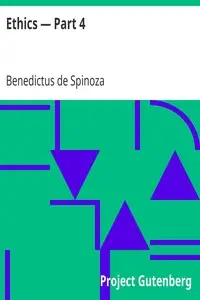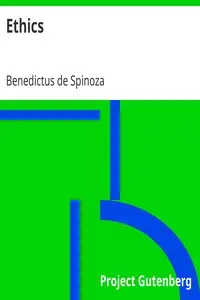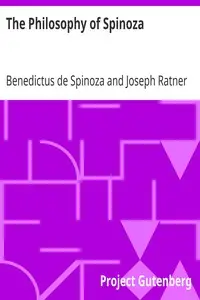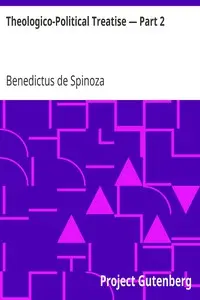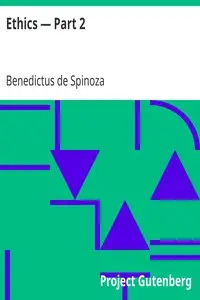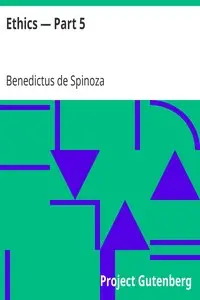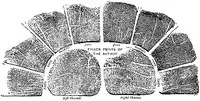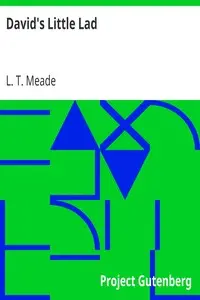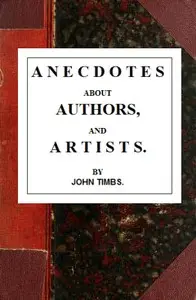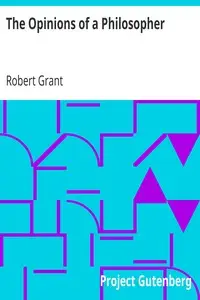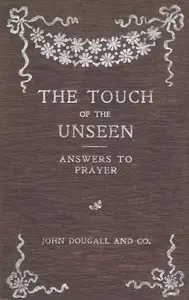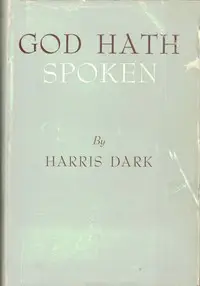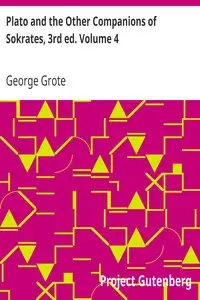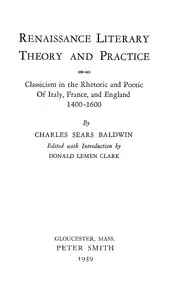"The Theologico-Political Treatise — Part 1" by Benedictus de Spinoza is a philosophical treatise written in the 17th century, engaging with issues surrounding religion, prophecy, and the role of divine authority in political matters. The opening chapters establish a framework for understanding prophecy, the nature of divine law, and the peculiar relationship between the Hebrews and God. Spinoza argues for a rational interpretation of religion, suggesting that many traditional beliefs are rooted in superstition rather than reason. The opening of the treatise presents Spinoza's exploration of prophecy, where he delineates its definition, the nature of prophets, and the distinction between true prophecy and mere imagination or superstition. He emphasizes that insights and revelations provided to prophets do not grant them greater wisdom but are influenced by their personal perspectives and emotions. Moreover, he questions whether the gift of prophecy was unique to the Hebrews, asserting that true divine revelation arises from understanding and moral living, rather than knowledge or intellect. This analysis prompts readers to reconsider traditional thoughts surrounding religious belief and political authority, inviting an approach grounded in reason and critical thought. (This is an automatically generated summary.)
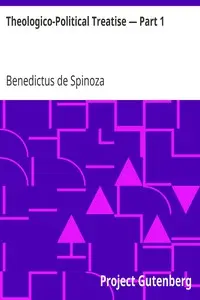
Theologico-Political Treatise — Part 1
By Benedictus de Spinoza
"The Theologico-Political Treatise — Part 1" by Benedictus de Spinoza is a philosophical treatise written in the 17th century, engaging with issues su...
Genres
Released
1997-07-01
Formats
epub (images)
epub
epub3 (images)
mobi
mobi (images)
Free Download
Overview
About the Author
Baruch (de) Spinoza, also known under his Latinized pen name Benedictus de Spinoza, was a philosopher of Portuguese-Jewish origin. A forerunner of the Age of Enlightenment, Spinoza significantly influenced modern biblical criticism, 17th-century rationalism, and Dutch intellectual culture, establishing himself as one of the most important and radical philosophers of the early modern period. Influenced by Stoicism, Thomas Hobbes, René Descartes, Ibn Tufayl, and heterodox Christians, Spinoza was a leading philosopher of the Dutch Golden Age.
Total Reviews
10.0k
Total reviews from Goodreads may change

